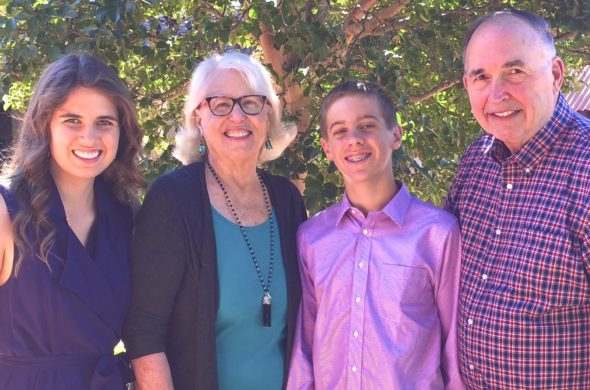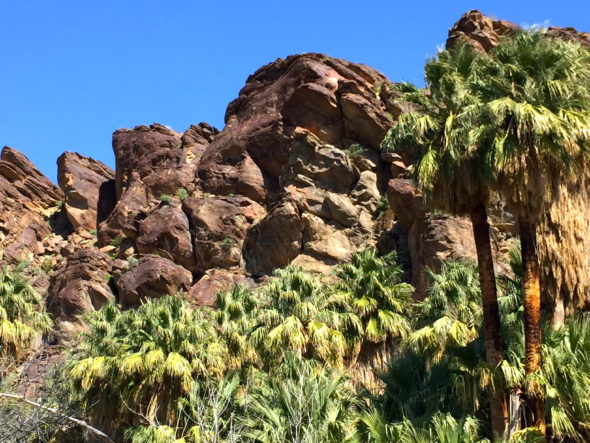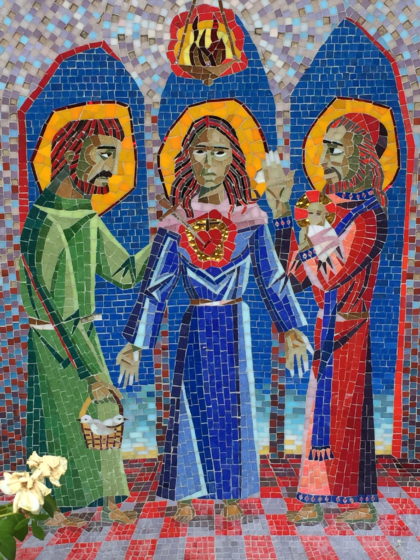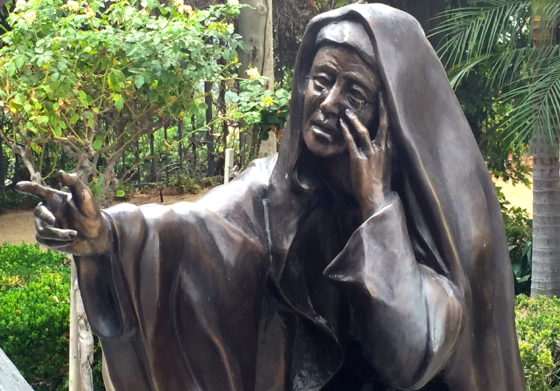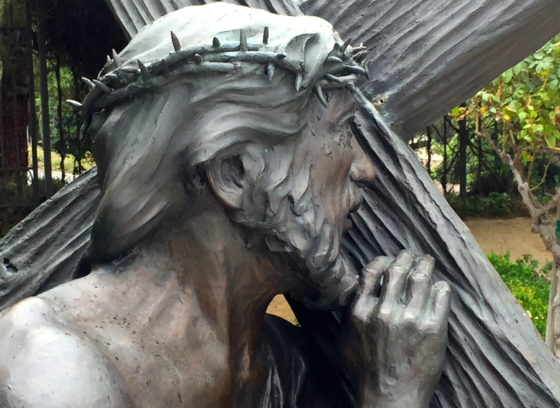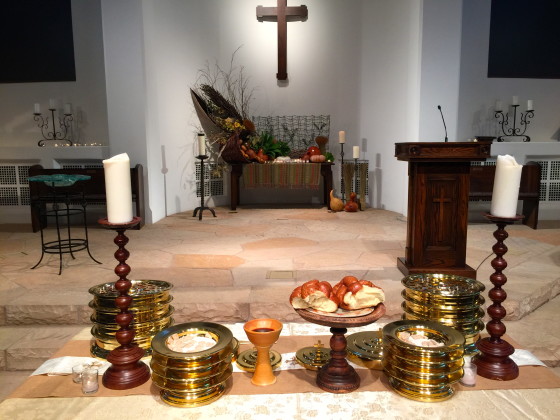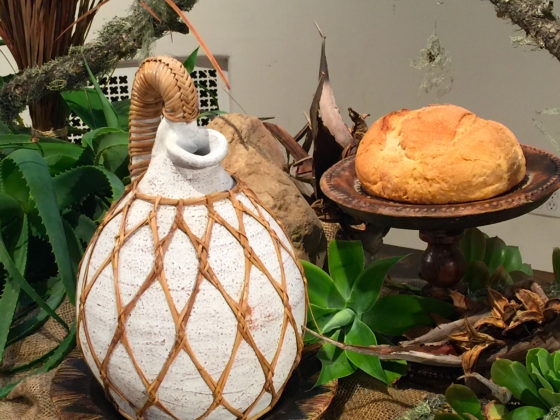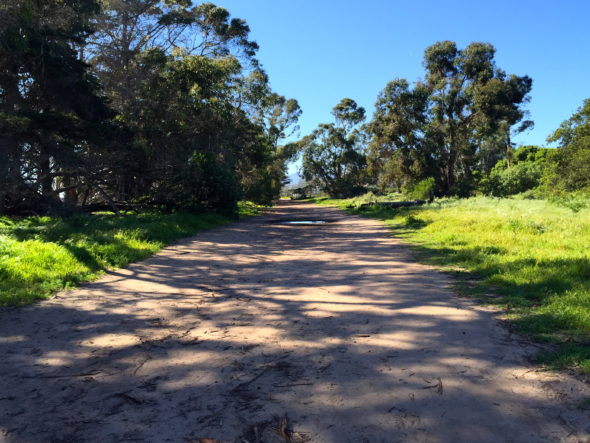Benedict of Nursia:
“However, late, then, it may seem, let us rouse ourselves from lethargy. That is what scripture urges on us when it says: the time has come for us to rouse ourselves from sleep. Let us open our eyes to the light that can change us into the likeness of God. Let our ears be alert to the stirring call of his voice crying to us every day: today, if you should hear his voice, do not harden your hearts.”
If we trace it back, the root of lethargy is often fear. And this is what I know about fear: it slams the door on light. When we are afraid, anxious, worried, preoccupied with all that is wrong, evil and difficult in our world, there is no room for the light to shine.
So let’s talk about fear, shall we?
I see it everywhere these days — on the news, in the headlines, spreading its tendrils all across the internet. Some days, it is downright palpable. Even more alarming, I see it creeping into conversations within the broader Christian community. It often takes the form of suspicion, accusation, bullying and labeling.
“How can you call yourself a Christian if you believe ________“
“If you welcome those kind of people, then how can you be true to scripture?
“The sin of person “A” is so much worse than the sin of person “B” that s/he must be excluded at all costs.”
Words are flung around like darts, leaving wounds wherever they land, lines are being drawn, battle cries sounded. And curling around every shout, every barb, every accusation, is the acrid smoke of fear.
We are afraid that the Bible will be mistreated.
We are afraid that our standards will be lowered.
We are afraid that our doctrinal stand will be softened.
And most of all, we are afraid that if these things happen, our image of God will be forever altered. The bottom line, if we’re really honest, is that we are terrified that our understanding of who God is and how God behaves and whom God loves will slip out of our ‘control.’ We have given in to the fear that the foundation will be shaken beyond recovery and that the slippery slope will lead us all straight to hell.
Whoa!
Can we take a breath here? Can we step back from the precipice and re-focus our attention on the God we meet in the work, words and person of Jesus Christ, the one who is revealed to us in the pages of our scripture and in the ongoing work of the Holy Spirit in our world?
“Let us open our eyes to the light that can change us into the likeness of God.”
Read that line out loud, would you? Several times.
If you breathe in those words, focus on them, meditate on them, I think you will discover them to be the antidote for all the fear we carry . . .
Please follow this link over to SheLoves today and join the conversation about the power of fear and how we so often get things backwards!

